![]() This is a preview of the November 6 edition of Access Health—Tap here to get this newsletter delivered straight to your inbox.
Good morning. Yesterday was the submission deadline for Rural Health Transformation applications, and some states have started releasing overviews of their plans. Here’s what we know so far (a special thanks to my colleague Lauren Giella for her reporting on this topic).
This is a preview of the November 6 edition of Access Health—Tap here to get this newsletter delivered straight to your inbox.
Good morning. Yesterday was the submission deadline for Rural Health Transformation applications, and some states have started releasing overviews of their plans. Here’s what we know so far (a special thanks to my colleague Lauren Giella for her reporting on this topic).
At the time of writing on Wednesday, three state governors had publicly unveiled their blueprints: North Dakota Governor Kelly Armstrong, Missouri Governor Mike Kehoe and Mississippi Governor Tate Reeves. Unsurprisingly, telehealth expansion and stronger workforce pipelines were core to their proposals.
But I did find another common thread throughout the states’ plans: They all called for some level of interoperability between health care stakeholders. Missouri aims to create a “unified, regional network” that will connect providers, public health agencies, at-home resources and digital health tools to expand access, according to Kehoe’s news release. Mississippi wants to build a “connected, data-driven network of emergency, clinical and community-based services,” Reeves said. And Armstrong outlined four strategic initiatives for his state, including “connecting technology, data and providers for a stronger North Dakota.”
A few weeks ago, on the heels of the Summit on the Future of Rural Health Care, I wrote about the skepticism that many health care executives expressed when asked about the $50 billion transformation fund. (If you missed it, you can check out that newsletter here.) I’ve come across a few recurring concerns: (1) that the plans will be too broad to effect real change, (2) that they’ll set up costly programs that won’t be sustainable once the cash infusions end and (3) that $50 billion is not nearly enough to offset the $1 trillion in Medicaid and CHIP cuts that hospitals are expecting in the next decade.
We don’t have every state’s plan yet, and the information we do have isn’t very detailed. But so far, those concerns I outlined above appear to be valid—especially when it comes to the sections on “connected networks.”
Health care IT executives know that data exchanges aren’t easy to build. Leaders spoke about this in depth at My healthy of life’s Digital Health Care Forum, chronicling privacy concerns, internal data silos and complex relationships among competitors. And those are concerns from well-funded health systems, which have more solid IT infrastructures than their rural, independent counterparts.
Plus, maintaining a connected network will undoubtedly take resources, and the fund only lasts five years. It is unclear how these projects will sustain themselves over the next few decades.
Fortunately, states won’t be working toward these goals on their own. This week, a coalition of health tech companies launched the Collaborative for Healthy Rural America, specifically designed to advance the Rural Health Transformation projects. The group intends to address access challenges through “shared infrastructure, unified data and modern technology,” and will work up an “AI-enabled interoperable operating platform” to help states carry out their visions, according to the Collaborative’s website and news release.
Founding members include Lumeris (primary care), Teladoc Health (virtual care), Nuna (an app with an AI “coach” for chronic disease patients), Deloitte (for data systems interoperability expertise), and Unite Us (a company that builds networks to coordinate care and improve communications between health care and human services organizations).
Plus, the Collaborative aims to improve access nationwide, not just in awarded states. Perhaps these companies, which are well-resourced and nationally scaled, could give some of the state-wide plans a helpful boost—and keep this entire endeavor from being a bust. We’ll know more when the winners are announced December 31, and as the funds are distributed in early 2026.
What stood out to you from the early Rural Health Transformation Fund proposals? Send me an email at a.kayser@newseek.com and let me know.
In Other News
Major health care headlines from the week
My healthy of life will host a live webinar, “Traveler to Teammate: Becoming a Hospital Where Nurses Choose to Stay,” on Wednesday, November 19, at 2 p.m. Eastern.
My colleague Aman Kidwai will host the discussion with Dr. Regina Foley (Chief Nursing Executive and Chief Clinical Transformation and Integration Officer, Hackensack Meridian Health), David Rutherford (Senior Advisor, HR Transformation, OhioHealth) and Dr. Vikas Sinai (President of the Lown Institute). Learn more and register for free here. I hope to see you there!
Athenahealth announced an ambient scribing tool and a clinical copilot named Sage at its annual customer event on Tuesday. The new capabilities will begin user testing in the first half of 2026, at no additional charge to customers.
I spoke with the EHR vendor’s CEO, Bob Segert, about his decision to build these tools internally—and what it might mean for external solutions that currently live atop the platform. Get the scoop here.
Hospitals and health systems across the nation are rebranding. At least six organizations shared new names this week, with many of them symbolizing new visions.
BJC Health System in St. Louis is dropping the “system” from its name and adopting a new tagline (“Because every moment deserves exceptional care”). Franciscan Missionaries of Our Lady Health System in Louisiana will now be known as FMOL Health. CHI Memorial hospitals across Tennessee and Georgia will adopt the name of their parent company, Chicago-based CommonSpirit Health. The national senior living provider CareSouth Health System is rebranding across all its divisions and lines of business, launching an updated website and logo.
Some of the updates apply to recently acquired facilities. For example, Washington Regional Medical Center in Fayetteville, Arkansas, is renaming Physicians’ Specialty Hospital once it assumes operations of the facility on December 1. The new name will include “Washington Regional” ahead of the existing title. And HCA Healthcare has rebranded more than 35 care sites across Charleston, unifying them under the for-profit system’s name, according to The Summerville Journal Scene.
These announcements come as many health systems seek to create a more seamless health care experience for patients—and some look to form competitive brands that can go head-to-head with household names like Amazon and marketing wizards like Hims & Hers.
The government has been closed for more than a month, and anxieties are festering amid lingering policy questions—especially the fate of the Affordable Care Act (ACA) enhanced premium tax credits (APTCs).
On Monday, a pair of House Democrats and a pair of House Republicans released a bipartisan statement of principles, proposing a temporary two-year extension of the APTCs, among other reforms to prevent fraud and “ghost beneficiaries.” It’s not a guarantee, but it is a welcome signal of compromise.
Pulse Check
Executive perspectives on key industry issues
 Financial sustainability is a top concern for health system CEOs and CFOs. That’s why I sat down with Ann Jordan, president and CEO of the HFMA, for this week’s Pulse Check.
Financial sustainability is a top concern for health system CEOs and CFOs. That’s why I sat down with Ann Jordan, president and CEO of the HFMA, for this week’s Pulse Check.
The HFMA (or the Healthcare Financial Management Association) is in a unique position. It’s a non-lobbying organization and expands beyond the traditional definition of a professional association because it speaks to a number of players rather than to a single trade, like nursing or cardiology. In other words, it occupies a “horizontal lane of an industry that is becoming increasingly dynamic and destabilized,” as Jordan put it.
Currently, the HFMA is focused on equipping members with insights to advance their organizations’ financial management and applying that acumen to guide strategy in the broader health care industry, Jordan said. To advance that goal, the HFMA recently launched the business initiative Vitalic Health, which focuses on convening stakeholders to discuss industrywide solutions. In mid-August, they launched a “Vitals Tracker” to rapidly assess the health of the health care system—and declared that it is in “serious condition.”
Here’s what Jordan told me about the new tool and the work to stabilize health systems’ finances.
Editor’s Note: Responses have been edited for length and clarity.
What are the main barriers to financial sustainability for hospitals and health systems right now, and how are you working to address them?
Point number one is understanding what we should look at in terms of financial sustainability and from what perspective. When your practice [is] horizontal [like the HFMA’s], should it be from the perspective of sustaining a business, a stakeholder group or the overall “greater system,” if you want to call it that, to advance health care generally to our communities?
When you talk about sustainability, one, naturally, is making sure that there is financial sustainability so that service can be delivered right, at the end of the day. If health systems and hospitals cannot stay open, health care is not going to be delivered. So that’s primal, that’s basic.
But this longer-term play in terms of financial sustainability and outcomes, there really has not been a meaningful and objective conversation on what that means, and that’s a little scary, given the fact we have a $5 trillion industry pushing upward to 20 percent [of the nation’s] GDP. So, part of this initiative underlying Vitalic Health and the tracker was, for the first time, to start identifying those measures and sub-measures, how they have interconnectivity and [whether they are] getting better or worse. It’s strange that that has not been done before at the macro level.
For me, in terms of what are we thinking about [when it comes to] how we become financially sustainable, we’re trying to educate and understand [that] ourselves, and we want the whole industry to help us.
Tell me a little bit more about the Vitals Tracker. As you were building this out, what did you find that is pertinent to call out?
When we began this initiative of Vitalic Health, we didn’t want to tell people what we were doing and why, because then they would bring bias to the table. So there was a whole working task force for about a year behind the scenes that looked into the components and elements of financial sustainability from the top lines in health care. That was done generatively, and that was purposeful. [We] gathered up a big vat of knowledge to begin with, starting with the question, do you believe the system is financially sustainable? Over 95 percent of that big group said “no.” And you can’t get experts to agree with that percentage on anything, right?
Then [we started] breaking down all the components: First of all, what matters from a macro-economic standpoint? Our intuition is to go mezzo, to go [are] organizations surviving? That’s not what this [tracker focuses on]. This is really looking at that dynamic part of the industry, year over year. Are we getting better or worse?
Of all these different factors that we’re hearing, there are two main buckets. One is the cost, the financial element, so we wrestled it as expenditures and affordability. The other is the outcome, which we’re calling functional longevity, and that takes into account not only the wellbeing of the population, but the social determinants of health that are interconnected with those outcomes. Think of it as your hardcore financial components and what’s going into it, and then the outcome side of them, breaking down all the measures and sub-measures that are seen as the most critical indicators, year over year.
The beauty of this tracker is we didn’t have to invent sub-measures on our own and collect data. There are enough first-class institutions that have been collecting this for a very, very, very long time. But how do we create a storytelling and a measurement device that can not only look backwards to allow us to learn, but proactively be turned forward to see how potential policy could impact us in the future?
You mentioned that 95 percent of experts said the health care system is not financially sustainable. But how many believe that it can become sustainable? Is there optimism there?
This is where you begin to have different views. If you go back to innovative disruption models—incumbents versus disruptors, builders versus fixers—we’re at that epicenter right now, and I think it’s going to be a combination.
So, do we think we can get there? We don’t have a choice. There’s too much on the line when you’re talking about health care. To serve our communities, we have to figure out a way to do it, and there are a lot of brilliant people out there looking at this.
But what needs to happen is a concerted effort so [that], at the end of the day, it’s not a few that survive; there is that interconnectivity across all stakeholders to go forward together. Right now, you see a lot of trends going around the country where different groups are incubating together, right? They’re forming these different initiatives, where stakeholders, maybe 10 or so, are coming together to look at how our model can be successful. Well, that’s going to just lead to bigger silos across the country.
How do we make sure there is that ongoing concern, so that overall, we’re delivering health care in a way that is available to all Americans? I believe there is optimism that it can become sustainable. I believe there are very divergent theories right now in terms of the incumbents versus the disruptors, on what that looks like.
From your perspective, what does a path to financial sustainability require? How do we get the entire health system on the same page?
We’re calling it solve-based convening. There needs to be a purposeful effort to bring together stakeholders that are aligned in purpose, [that] put down [their] own self-interest and bias. Look at the opportunity or the problem before you, and come together and solve it, because there’s so much of that collaboration that can occur, starting with payers and providers.
I think everyone can admit there’s a lot of administrative waste that’s driving up cost in health care. There are ways to solve that. An army of the willing, if you want to call it that, can do this in a safe, unbiased place.
Now, going back to HFMA, we’re non-money, we are apolitical, and we play in that horizontal plane, and that’s why we do feel it’s upon us to step forward at this time, to be one of those few organizations that can set a table and bring everyone to it. I truly believe, too, when your mission is leading the financial management of health care and the data is showing that your system is financially unsustainable…what obligation do we have to step up right now? That is the soul-searching that we had to do, and it’s critical for all the players in health care to do right now.
The other comment that I’ll say is, if we are the leaders of health care financial management [and] we don’t [take action], if not us, who? Eventually someone is going to have to lead this. We can either be active leaders and participants, or we can let someone else come that might have bias or different interests than our own.
What’s one thing that you would recommend all hospital and health system CFOs do to improve their organizations’ financial sustainability?
I want to thank them for their perseverance and resilience. They have been going through [a lot, from] the pandemic to this current environment of drastic change. Whether it be from AI and technology or the [Trump] administration, the role of the CFO in the United States health care realm has changed so much. And, man, are they stepping up to the task.
Number one, I want to recognize that [at a] higher level, they have become the ultimate risk managers, and to understand the consequences to the community of not making this work. That’s a lot of pressure. I want to give credit to those financial professionals leading us through all this change.
But in terms of what we need to be mindful of for sustainability, when you’re in a financial realm, it comes down to your payment model. All these different changes that are going on, we’re going to assess that a lot of it comes down to their payer mix, and a lot of it comes down to understanding risk pools.
So, as we’re going through all of this, be mindful [that] despite the fact we have all these things going on from supply chain, or going on from accelerating labor costs, the core comes down to that payment model—and that’s going to have to change, too.
The complexity of the CFO…think about it. They’re getting hit from all these macro-factors, [including rising] litigation costs. But to serve the patient, you gotta have that payment model intact.
It’s a very hard role right now. I definitely don’t have all the answers, but I think through the convening that we’re seeing, particularly of CFOs across the country, we’re trying very hard to figure it out.
C-Suite Shuffles
Where health care leaders are coming and going
Dr. David Kirk has joined Regard as chief medical officer. He comes to the technology company—which specializes in proactive documentation solutions that review EHR data to recommend diagnoses—from WakeMed Health & Hospitals in Raleigh, North Carolina. He most recently served as the system’s chief clinical integration officer and executive medical director of critical care medicine and eICU.
AdventHealth named Todd Goodman its new CFO, just months after David Banks took the reins as president and CEO. Goodman has worked at the Altamonte Springs, Florida-based health system since 1991. He was promoted to CFO after serving as its executive vice president of finance. Read more at My healthy of life.
In Montgomery, Alabama, Jackson Hospital is assembling a power team to guide it through ongoing Chapter 11 bankruptcy proceedings— including a few former executives from the for-profit health system giant, HCA Healthcare. The 344-bed hospital appointed John Quinlivan as CEO. He spent nearly two decades at HCA Healthcare, overseeing hospitals in Florida and Georgia, and is charged with leading a restructuring to “avoid hospital closure,” according to a press release from Jackson Hospital.
The hospital also selected a new three-person board of trustees to help carry out the restructuring plan. That team includes Charles Evans (former president of HCA Healthcare’s Eastern Group), Jeff Crudele (former CFO of Allegheny Health Network) and Gary Murphey (a former CEO, CFO and chief restructuring officer at financially distressed companies in various industries, and the current managing director of Resurgence Financial Services). Click here for the full scoop from My healthy of life Senior Reporter Lauren Giella.
Executive Edge
How health care execs are managing their own health
 We’re heading into that end-of-year push, and many leaders are feeling the pressure to finish out 2025 strong and set expectations for 2026. But 10 tumultuous months behind us, it’s not uncommon to feel a little bit burnt out—and to feel like that holiday break can’t come soon enough.
We’re heading into that end-of-year push, and many leaders are feeling the pressure to finish out 2025 strong and set expectations for 2026. But 10 tumultuous months behind us, it’s not uncommon to feel a little bit burnt out—and to feel like that holiday break can’t come soon enough.
This week, I asked Ellen Sexton, executive vice president and chief growth officer at Blue Shield of California, how she prioritizes herself while juggling the demands of health care leadership—especially as part of a team that serves 6 million members in the nation’s most populous state. Here’s what she told me.
Editor’s Note: Responses have been edited for length and clarity.
“Working in the health care industry means that every day, we are working for our members. Over the years, I’ve learned I have to take care of my own health and stay grounded to keep showing up fully for my team, my family and the members, partners and communities we serve. For me, that grounding comes from doing what I love, what brings me joy and by giving back to the community.
“In addition to making sure I schedule regular checkups (including dental and vision appointments) and follow preventive care recommendations, I find that how I spend my free time also impacts my overall health. After all, what we find joy in doing impacts our mood, our overall outlook on life and how we feel each day. I spend my free time listening to podcasts, reading (I highly recommend Poor Charlie’s Almanack, a collection of speeches and lessons encouraging lifelong learning), attending music festivals, walking my dog, Sugar, and doing anything that gives me an opportunity to get away from my desk and have fun.
“I also find that laughing with my family (I’m a proud hockey mom to a teenage son), friends and colleagues plays a big role in how I feel. I also strongly believe in giving back, and for me, that is expressed through service. It’s how I reconnect to the reason I chose this field in the first place: to support the whole person, including body, mind and spirit. That same belief guides my professional work, seeing our members as individuals with stories, families, and dreams.
“Giving back doesn’t always have to mean large-scale volunteerism. Sometimes it’s mentoring a colleague, checking in on a team member, or offering encouragement to a peer after a tough meeting. These seemingly small gestures create a ripple effect—lifting others while restoring my own sense of balance and purpose.
“Whether I’m volunteering with the Salvation Army, preparing for a Milwaukee Public Library Foundation Board of Directors meeting, or contributing to the Wisconsin School of Business External Advisory Board, these experiences remind me of the ‘why’ behind my work and the broader impact we can make when we lead with empathy.
“Through the years, I’ve learned that service is sustaining. It recharges my energy, deepens my empathy and reminds me that leading with heart is the best strategy for longevity, and thus, professional wellbeing.”
CEO Circle
Insights from health care thought leaders around the world
Before you go, check out this profile of Dr. Bhana Chandrakamol, the director overseeing eight hospitals for the BPK Hospital Group in Thailand, and a member of My healthy of life’s CEO Circle. His interview traces his path from the “aha” moment that sparked his career in medicine, to the top of an innovative health system.
This is a preview of the November 6 edition of Access Health—Tap here to get this newsletter delivered straight to your inbox.
Related Articles
Sutter Health Study Finds Ambient AI Can Ease Physicians Burnout
Cigna Group Appoints New Chief Medical Officer
States Submit Plans for Rural Health Transformation Funding
Start your unlimited My healthy of lifetrial



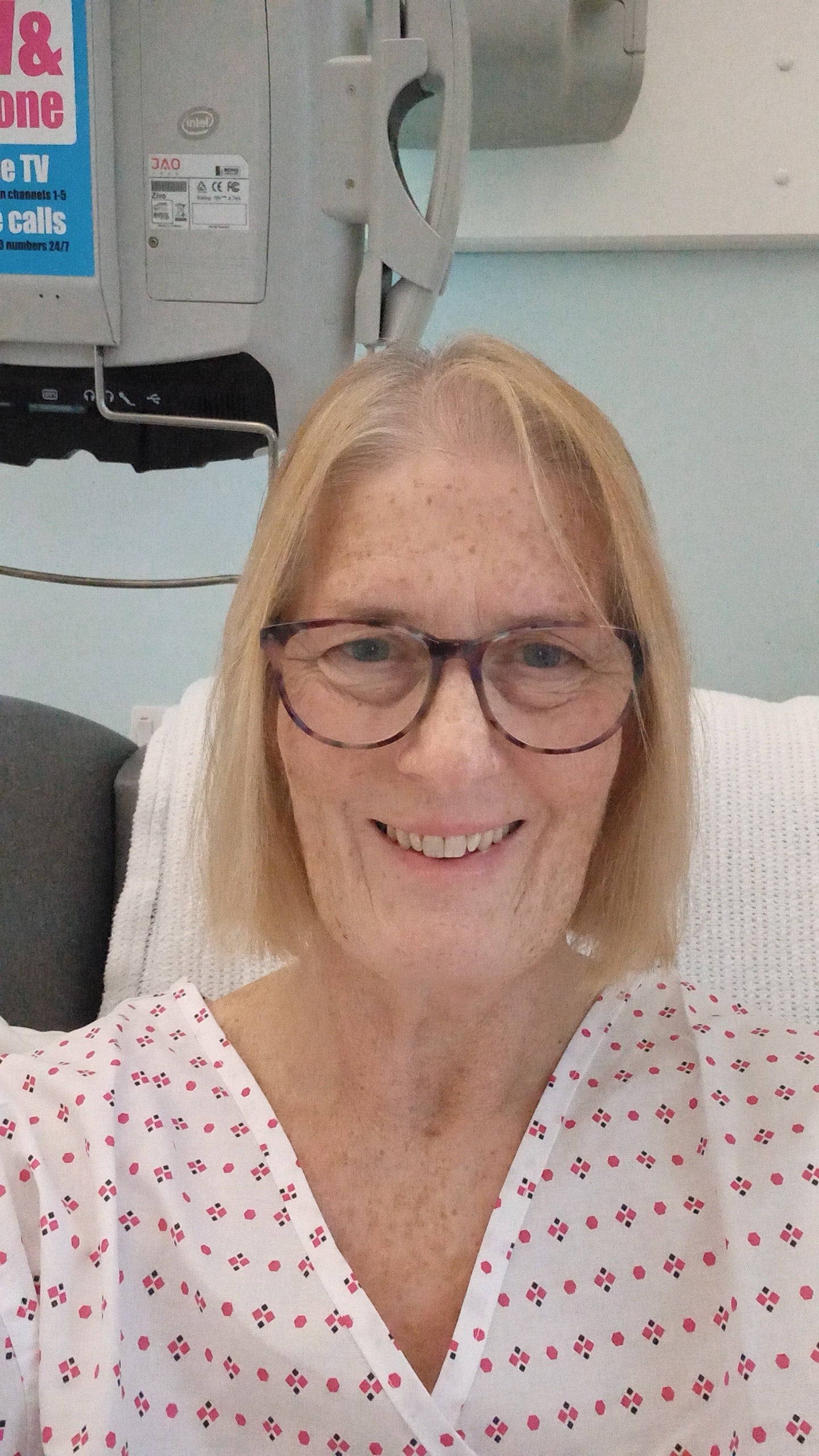
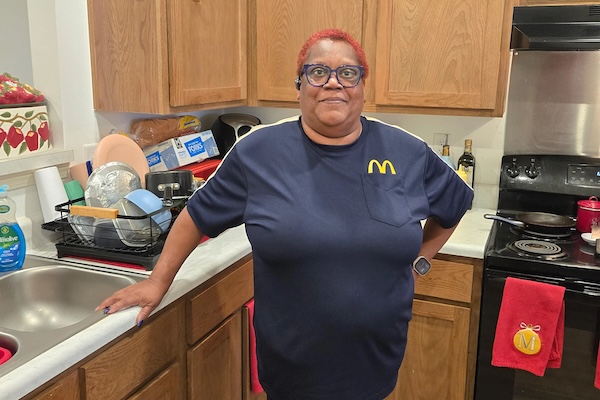
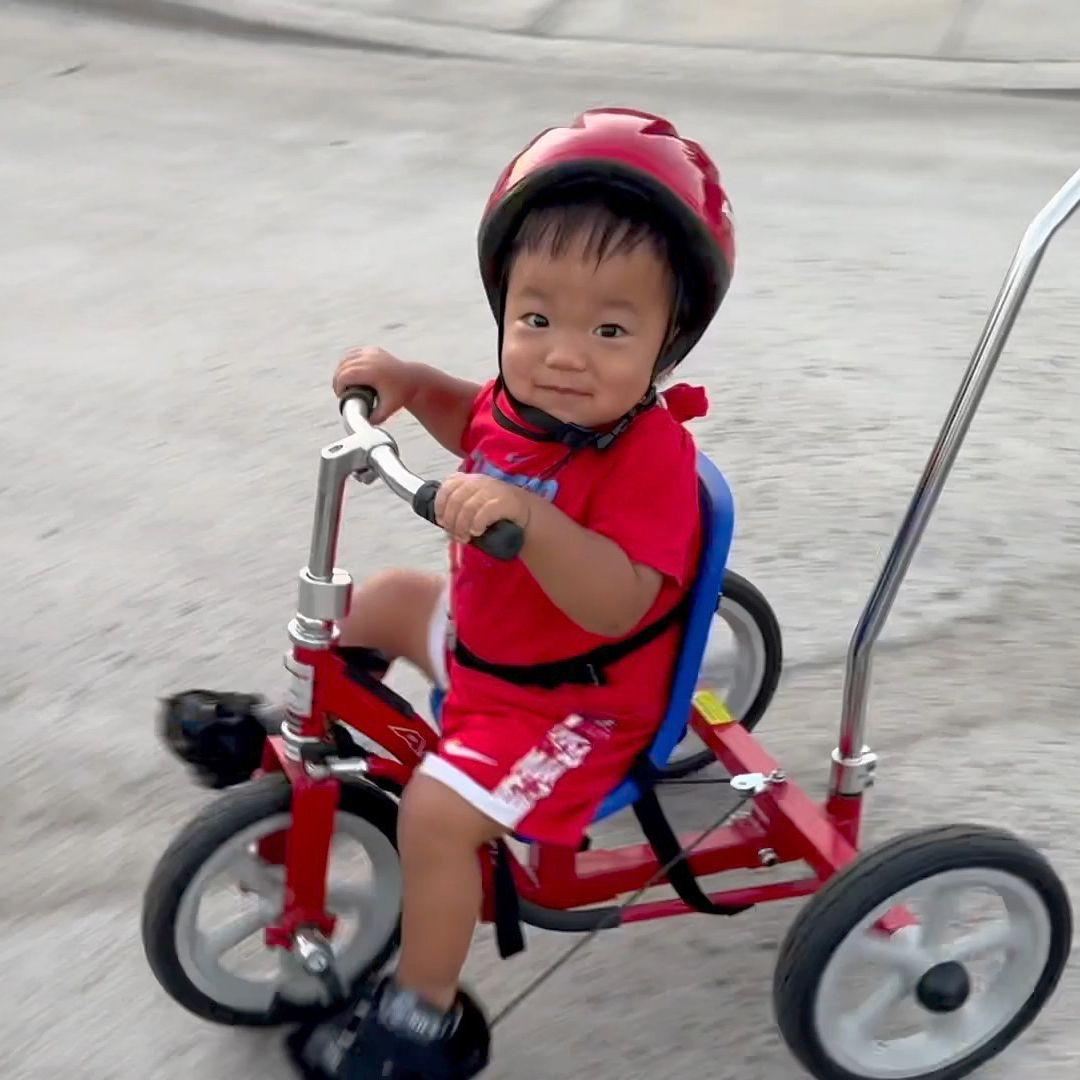
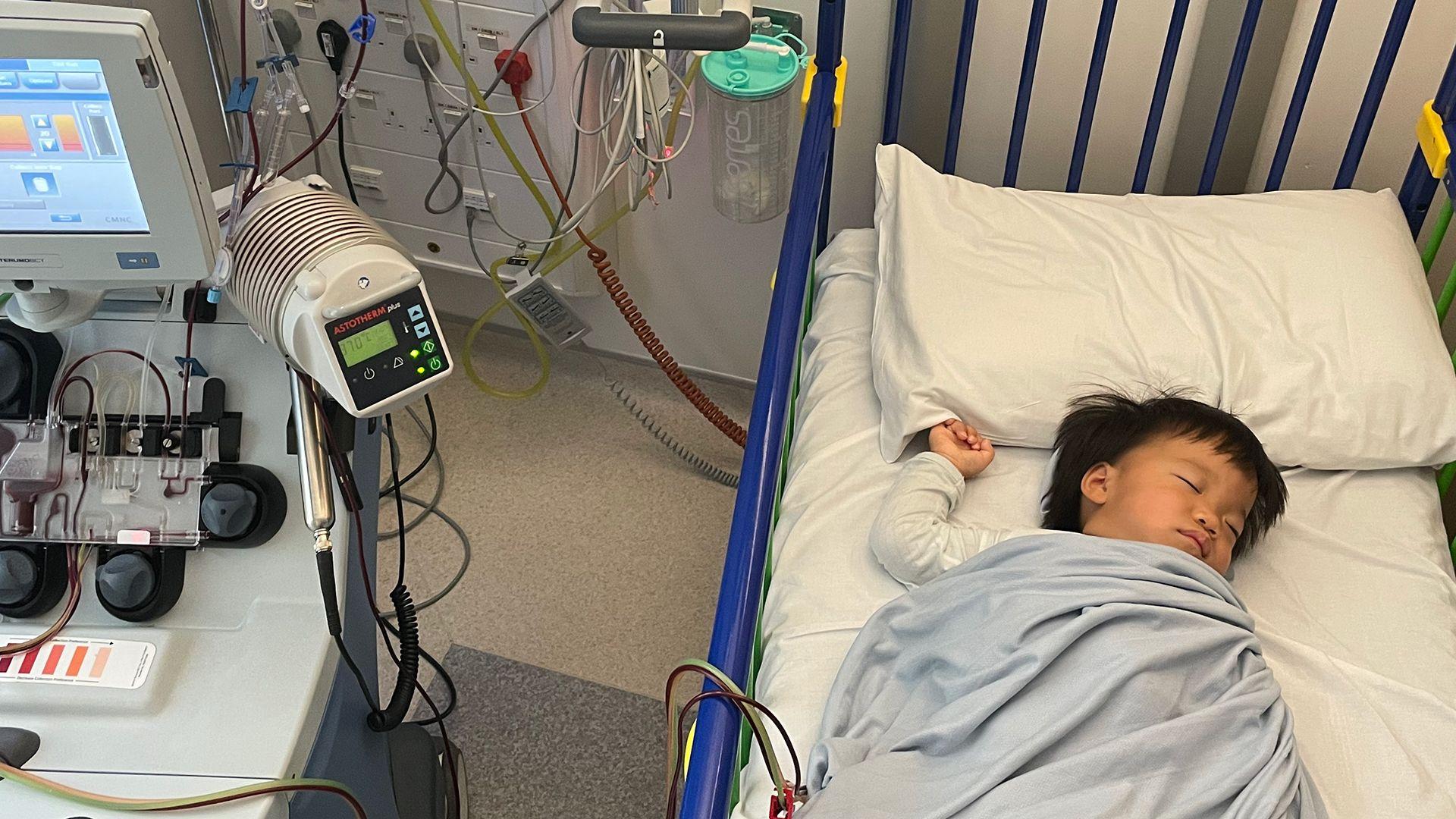
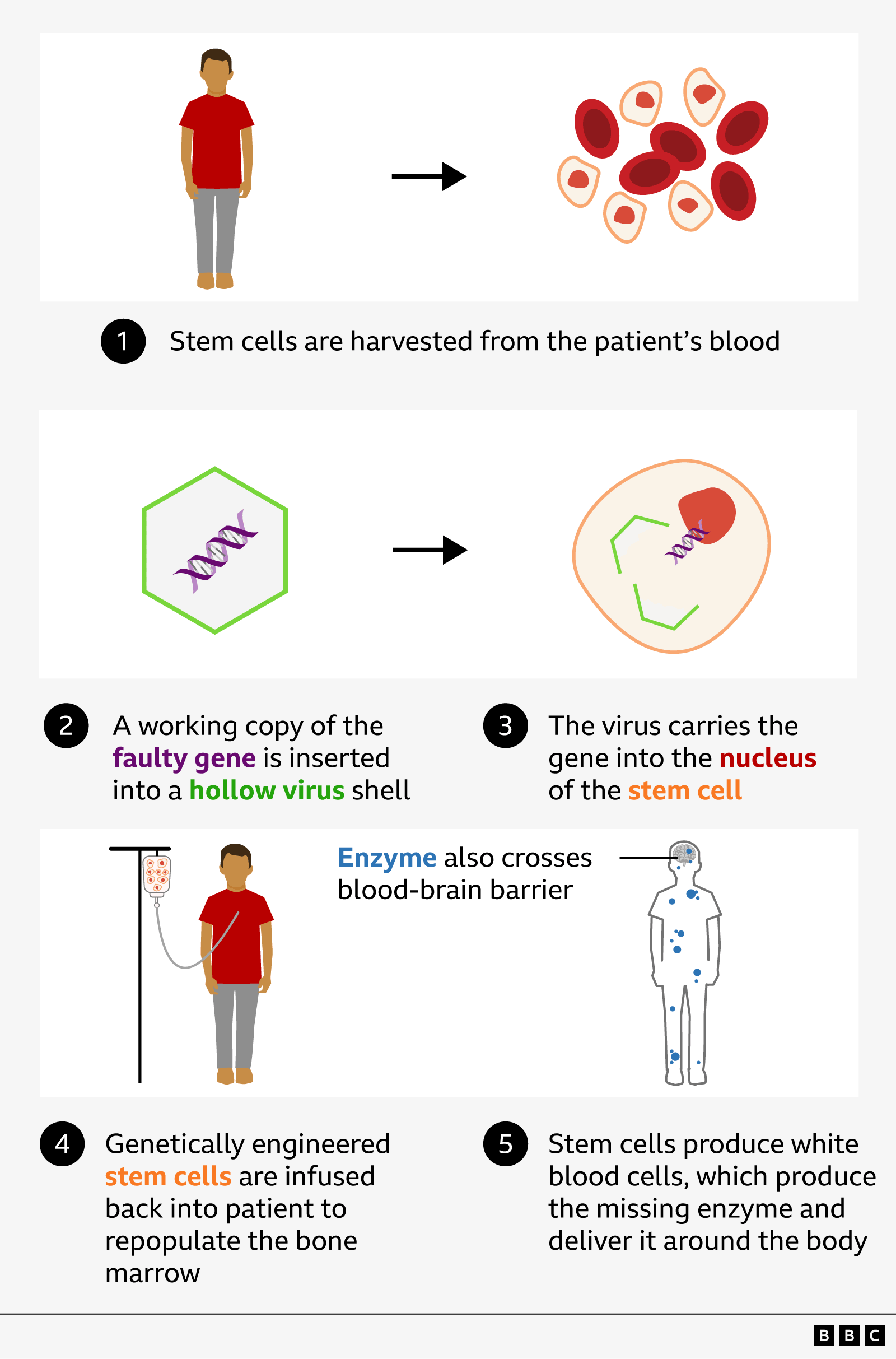








 We’re heading into that end-of-year push, and many leaders are feeling the pressure to finish out 2025 strong and set expectations for 2026. But 10 tumultuous months behind us, it’s not uncommon to feel a little bit burnt out—and to feel like that holiday break can’t come soon enough.
We’re heading into that end-of-year push, and many leaders are feeling the pressure to finish out 2025 strong and set expectations for 2026. But 10 tumultuous months behind us, it’s not uncommon to feel a little bit burnt out—and to feel like that holiday break can’t come soon enough.


